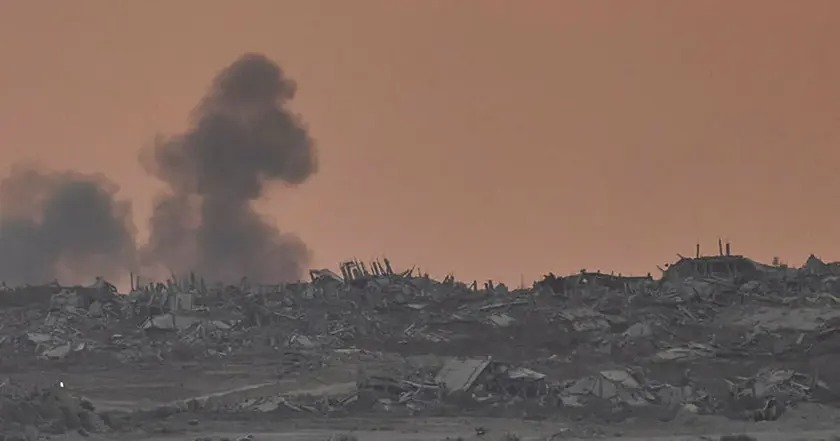T4K3.news
Diplomacy urged in Australia Israel spat
ECAJ calls for diplomacy over public posturing as leaders clash over visa tensions and antisemitism discourse.
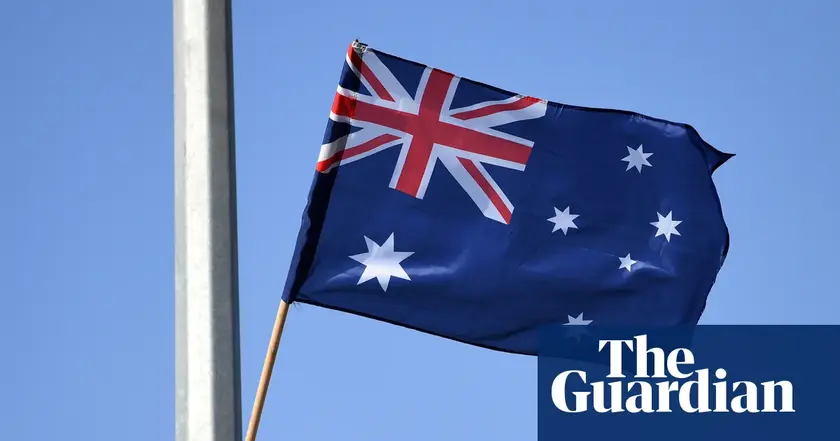
The Executive Council of Australian Jewry urges diplomacy over public posturing as leaders spar over a visa decision.
Australia peak Jewish group condemns Netanyahu clumsy attack on Albanese and calls for end to spat
The Executive Council of Australian Jewry (ECAJ) has criticized Benjamin Netanyahu for a public attack on Anthony Albanese, calling it inflammatory and provocative and saying it showed a clumsy intervention in Australian politics. The dispute comes on the third day of a diplomatic row sparked by Australia’s cancellation of the visa for far-right Israeli politician Simcha Rothman. ECAJ said both leaders should avoid language that inflames tensions and that public posturing risks harming the Jewish community in Australia and abroad.
ECAJ president Daniel Aghion and co-chief executive Alex Ryvchin both urged quiet diplomacy. They argued that if consultation had taken place, leaders would have avoided a clumsy move and warned that accusations of antisemitism must not be used lightly. The group called on both governments to address policy differences through official channels rather than public rhetoric, stressing that mature democracies should act with measured language in international disputes.
Key Takeaways
"Had we been consulted, we would have warned against such a clumsy intervention into Australian domestic politics."
Aghion on why consultation matters in diplomatic moves
"The charge of antisemitism, whether made directly or indirectly, is a serious one and never to be made lightly."
Aghion warns against labeling antisemitism
"We have never used that sort of language, and if we believed it, we would have said it along the way."
Ryvchin on rhetoric and policy consistency
"The relationship is clearly under strain."
Leibler on the state of ties between the governments
The clash tests how domestic politics can spill into foreign policy. ECAJ’s response shows a concern for protecting the community from heated crossfire while demanding accountability for rhetoric. The episode spotlights how antisemitism discourse shapes policy choices and how a leader’s words can become political ammunition at home and in alliance partners abroad.
The broader trend is a risk: letting such exchanges go unchecked can erode trust and invite backlash from critics and supporters alike. A careful, private approach to dispute resolution could shield both governments from embarrassing misstatements and preserve policy coherence. The incident also reveals competing pressures—from community advocates to foreign policy advisers—that push leaders toward louder public statements rather than the steadier diplomacy two democracies should practice.
Highlights
- Diplomacy should guide tough choices between two mature democracies
- Calm heads must prevail in a shared fight against antisemitism
- Public clashes hurt communities more than they help
- A strong alliance needs careful language not loud quarrels
Diplomatic tensions raise political and public backlash risks
The dispute involves sensitive political rhetoric and potential consequences for antisemitism discourse, which can trigger political backlash and affect public opinion in Australia and abroad.
Diplomacy is the test of leadership in troubled times
Enjoyed this? Let your friends know!
Related News

Macron rejects Netanyahu claim on antisemitism in France
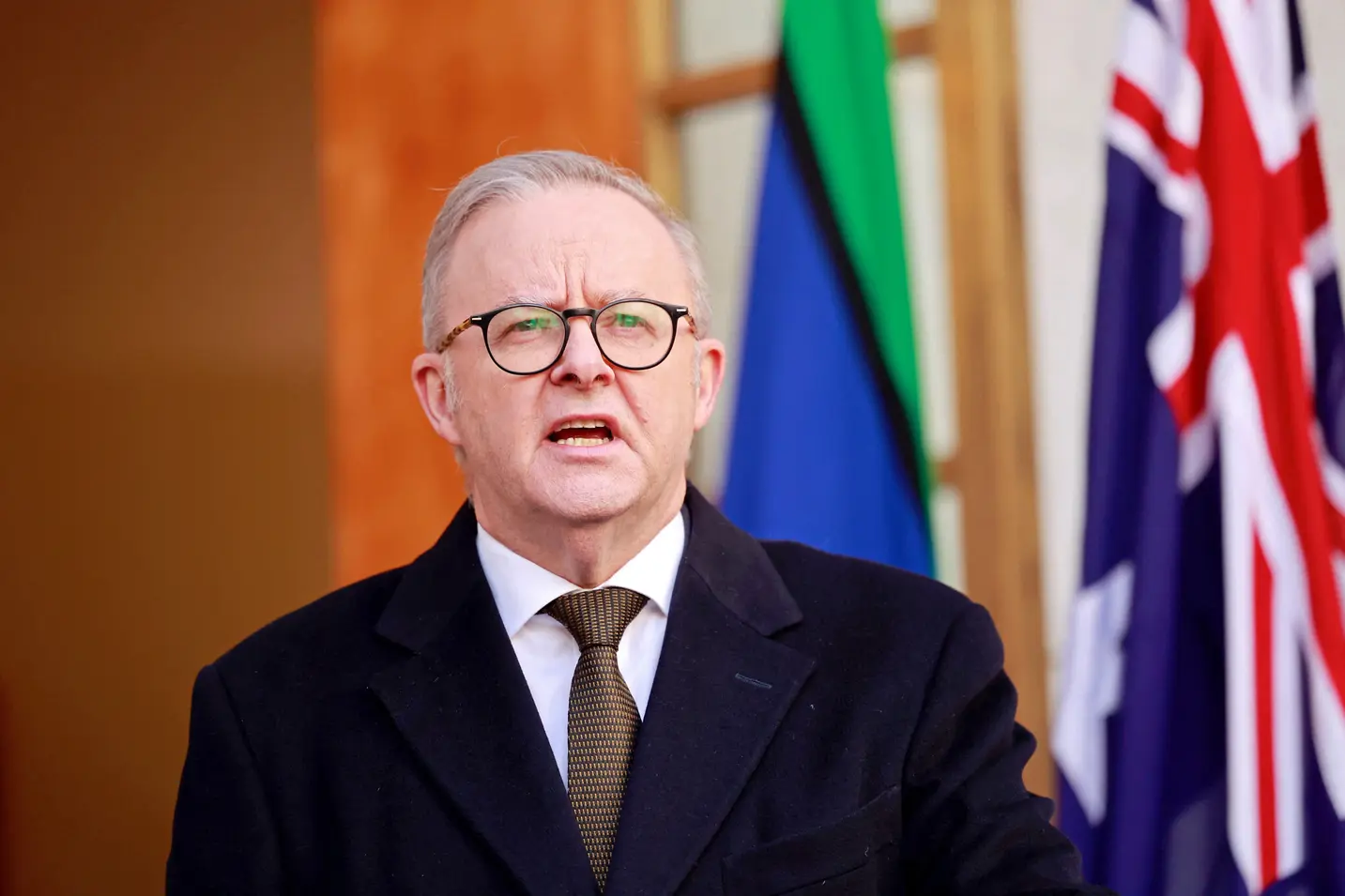
Australia to Recognize Palestinian State in September

Gaza toll climbs as journalists die and states shift
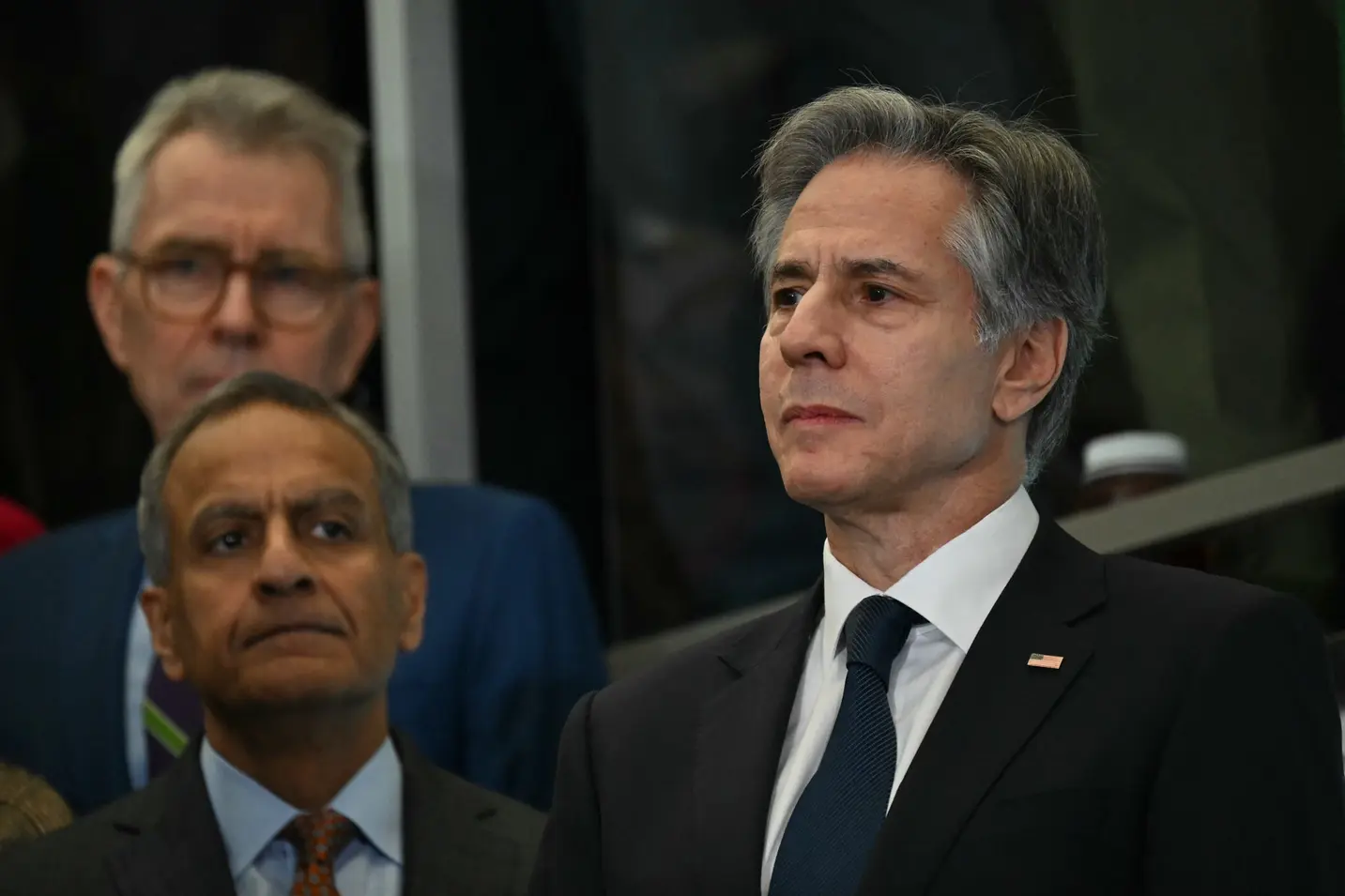
West Sets Timebound Path to Palestinian State Recognition
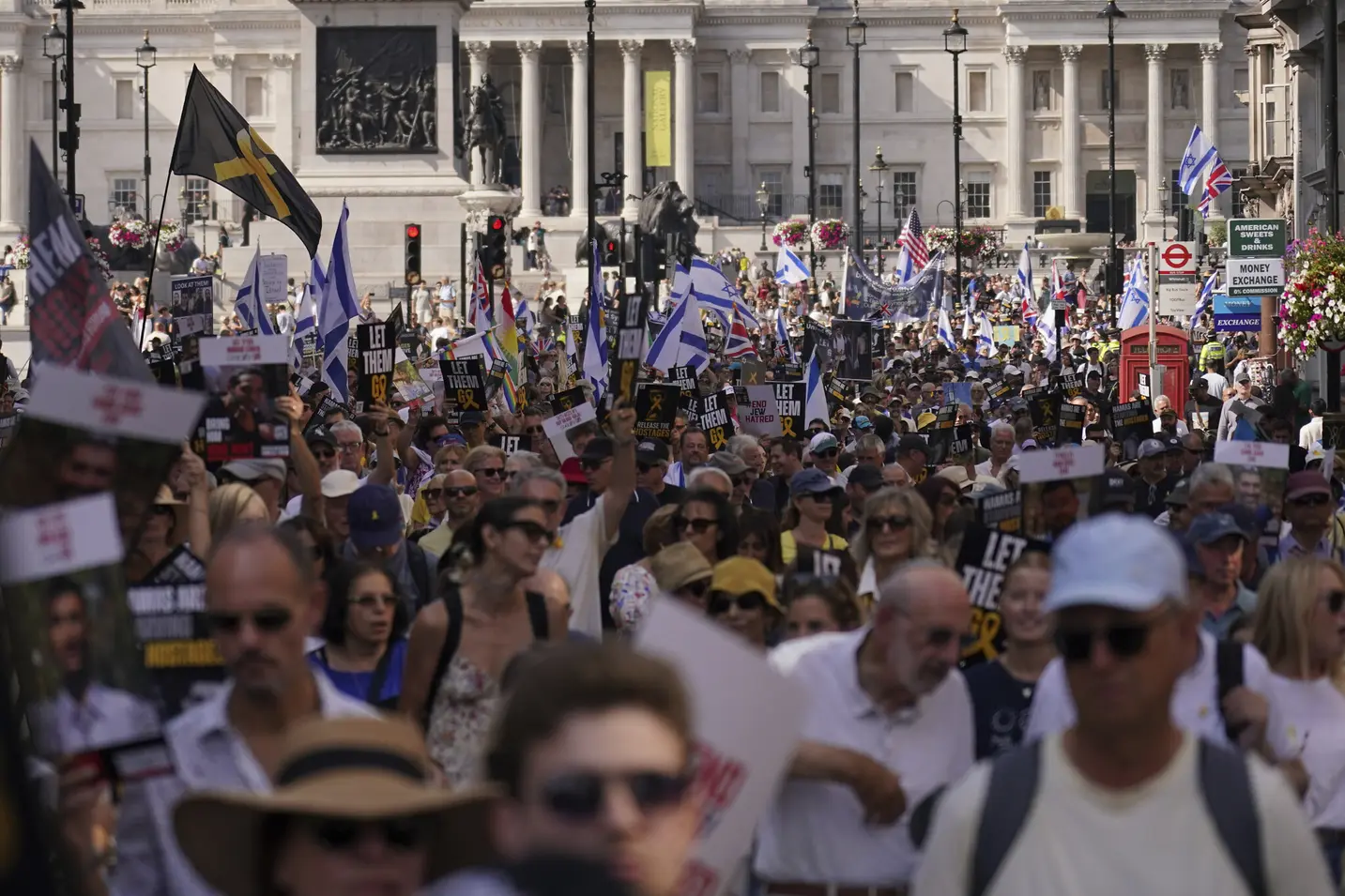
London protests press hostage release and state move
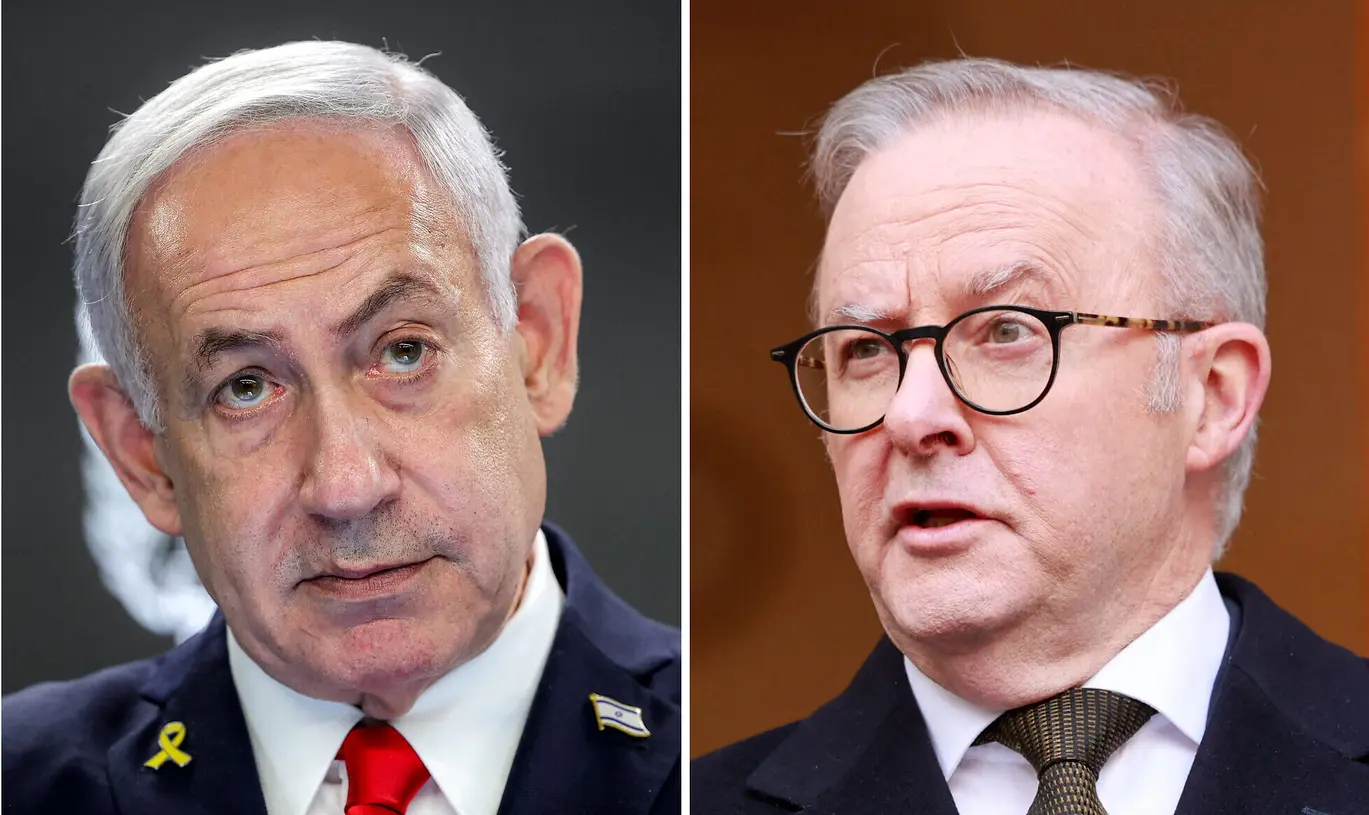
Netanyahu targets Albanese ahead of diplomacy test
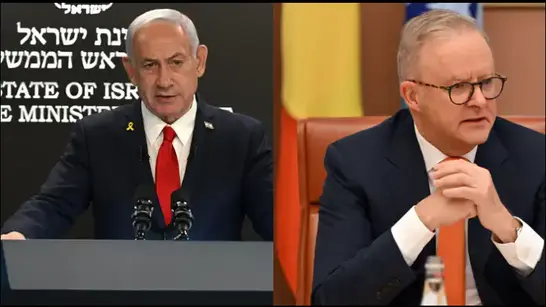
Netanyahu frames Gaza mission as freeing it from Hamas
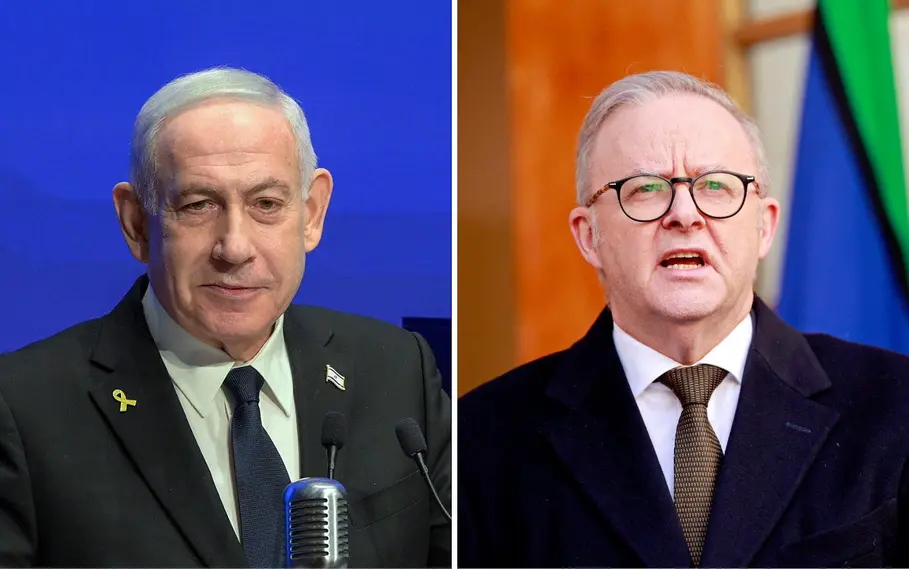
Australia confronts Netanyahu after he calls Albanese weak
